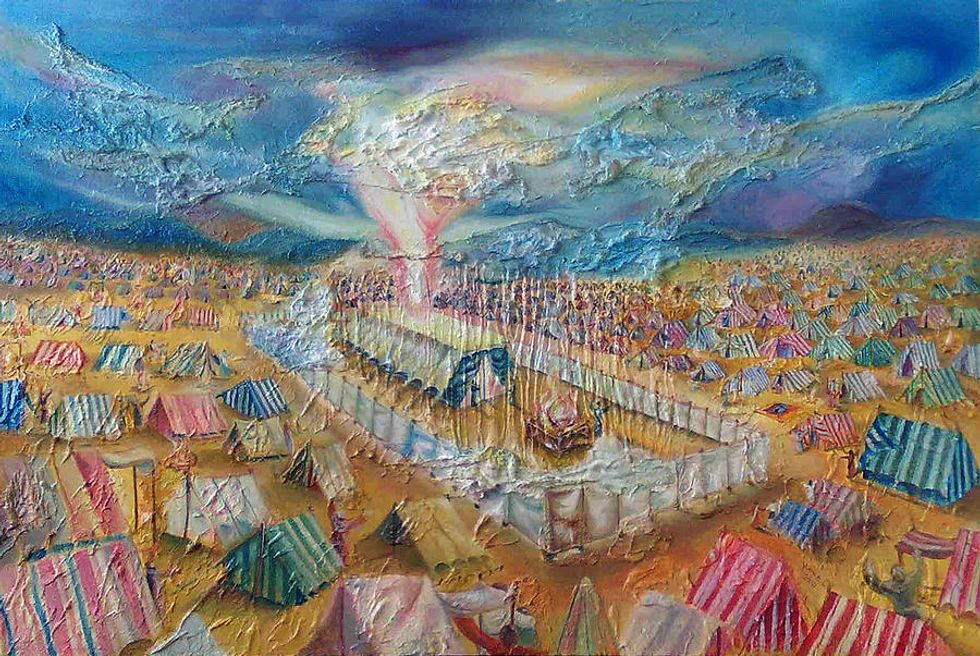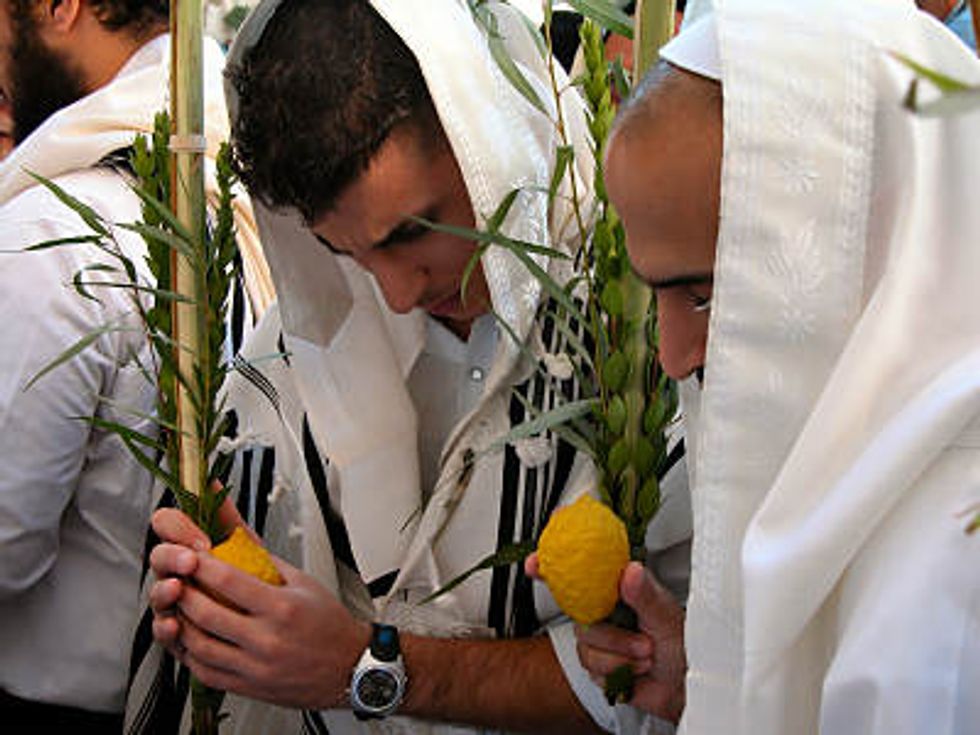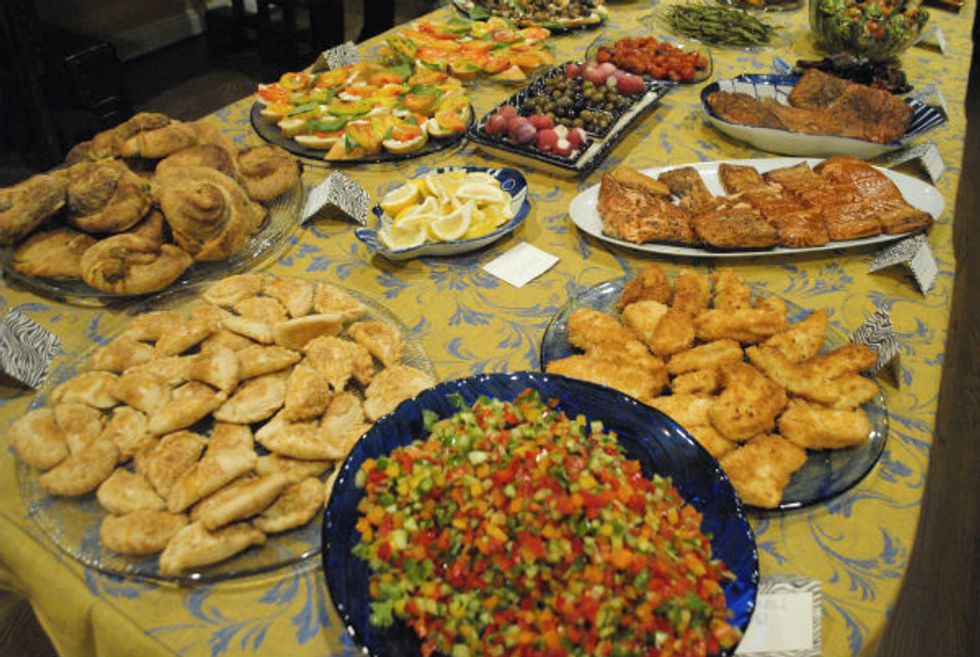October 4 started the Jewish Feast of Sukkot. In a nutshell, this holiday is basically a "Jewish Thanksgiving" (coincidentally, the traditional American Thanksgiving also celebrates harvest). This is also known as the "Feast of Ingathering", "Feast of Tabernacles" or the "Feast of First Fruits".
Yes, as we've probably learned by now, since the Hebrew language doesn't really always have "fixed definitions" for words, but rather words that have similar meanings or uses, names of Jewish feasts can be multiple.
So what is Sukkot, and why is it such an important feast in the Jewish calendar?
This feast has two important foundations to it: one is basically just what I described, it is a time of "Thanksgiving", a time that celebrates the end of the agricultural year in the Hebrew calendar. Remember in my article about Rosh Hashanah, the Jews and Israel in general were a farming nation, and were simply very fond of their farming backgrounds.
Exodus 34:22 says, "You shall observe the festival of weeks, the first fruits of wheat harvest, and the festival of ingathering at the turn of the year."
The other is similar to Passover's meaning, and honors the temporary dwellings that the Hebrews lived in after fleeing Egypt. This meaning is actually evident in the holiday's name itself, "Sukkot", which is plural for the Hebrew term sukkah, the special tent made during this feast.
Like Hannukah and Passover, this is a weeklong festival, seven days for people in Israel and eight days for the global Jewish community.
Traditions and Activities
The Order of the Festival
Sukkot is a week-long festival, 7 days for Israeli Jews and 8 days for non-Israeli Jews. Each day or group of days has specific activities reserved for it. The first 2 days (1st day for Israeli Jews), are basically Sabbaths, no work is to be done, feasting of foods, especially Challah, the beloved Sabbath bread. In the days between, Jews partake in the Four Species (see blow), and eat and sleep in their sukkot (see below). The last two (or last day) days are each celebrated as separate festivals.
The Tent or "Sukkot"
This is perhaps one of the most notable activities of the festival, is the activity and eating and sleeping in tents. The Hebrew term sukkot as I just described above is plural for the singular sukkah. The significance of the sukkah is rooted from Leviticus 23:40-43, which describes the way God made the Hebrews live in temporary shelters with roofs made of natural vegetation after their Exodus from Egypt.
In that verse, God also instructs Jews to commemorate this tradition every seventh month to remember and honor that.
So today, while Jews are free to build the walls of their sukkot with anything, they are required to made the roof out of natural vegetation to honor what God did.
The Four Species
Also an important tradition of the festival is what is known as the "Four Species", or "Four Kinds". This basically just means, the "four kinds" of plants that Jews carry during the festival.
They are, a palm branch, willows (in quantities of 2), myrtles (no less than 3) and a citron. Each of these plants represent "four types" of Jewish people, and their properties. The activity of holding them together in your hand represent the "unity" of all four.
This activity is mainly reserved for men, though woman can partake in this activity, and are encouraged to do so.
These plants are then waved in all four geographic directions while prayers are being performed.
Foods
Since Sukkot is halfly a harvest-oriented holiday, a lot of the foods involved in the Sukkot festival are plant-based foods. In a sense.....stereotypical Thanksgiving foods, such as squash and potato-based dishes. Theoretically, once can serve Thanksgiving foods (so long as its Kosher) and it would fit PERFECTLY for Sukkot. Stuffed foods, especially that of vegetables, such as stuffed peppers and grape leaves are some common dishes. Jews often prepare these dishes to celebrate abundance. Since the first two days are basically Sabbaths, the challah bread is also a staple food of Sukkot. Squash soup is also popular.
Well folks, Happy Sukkot!




















